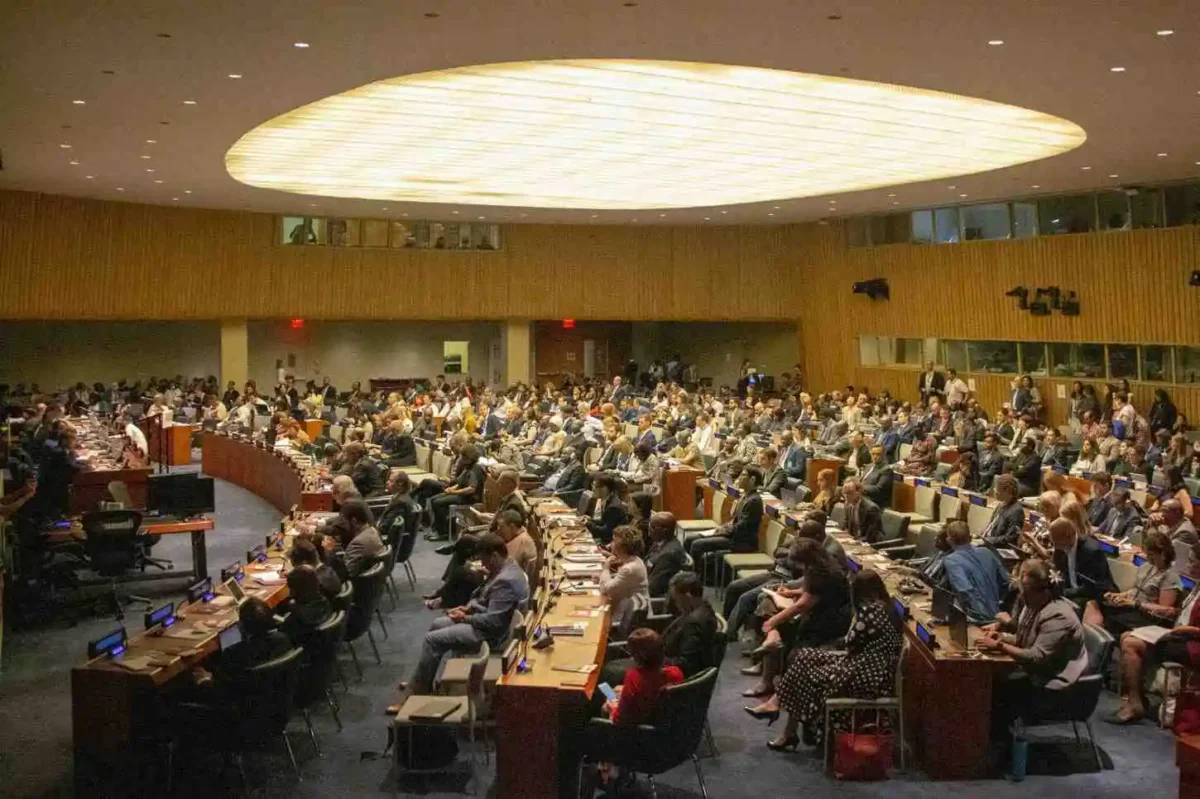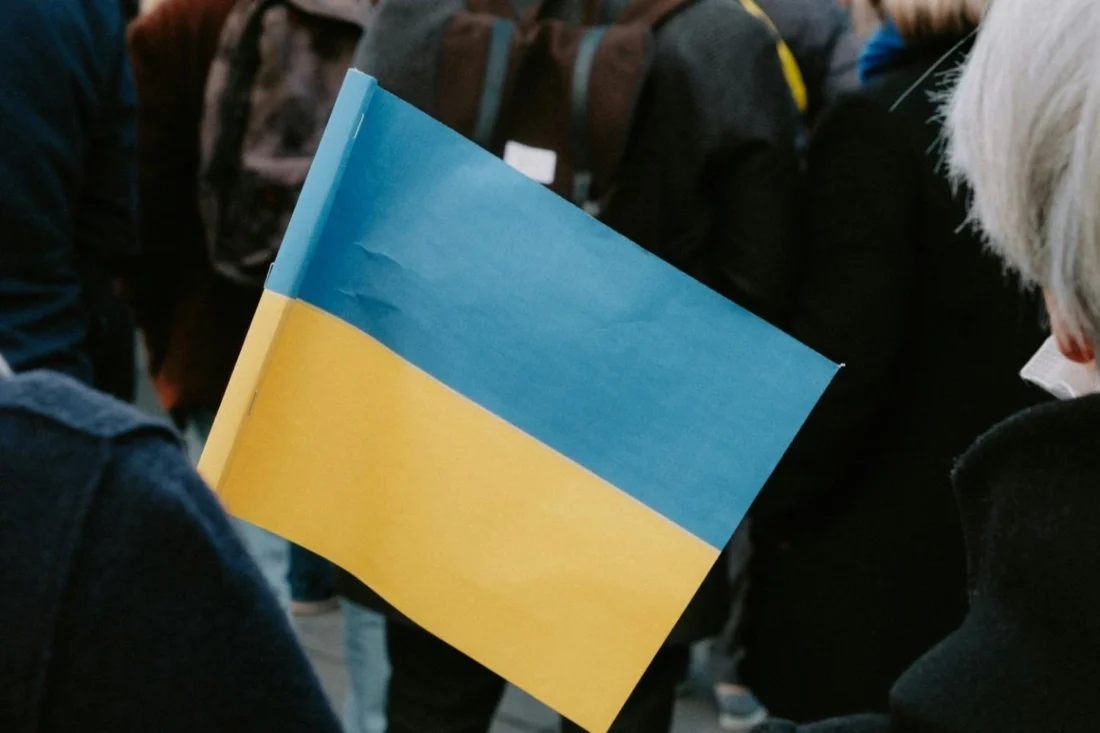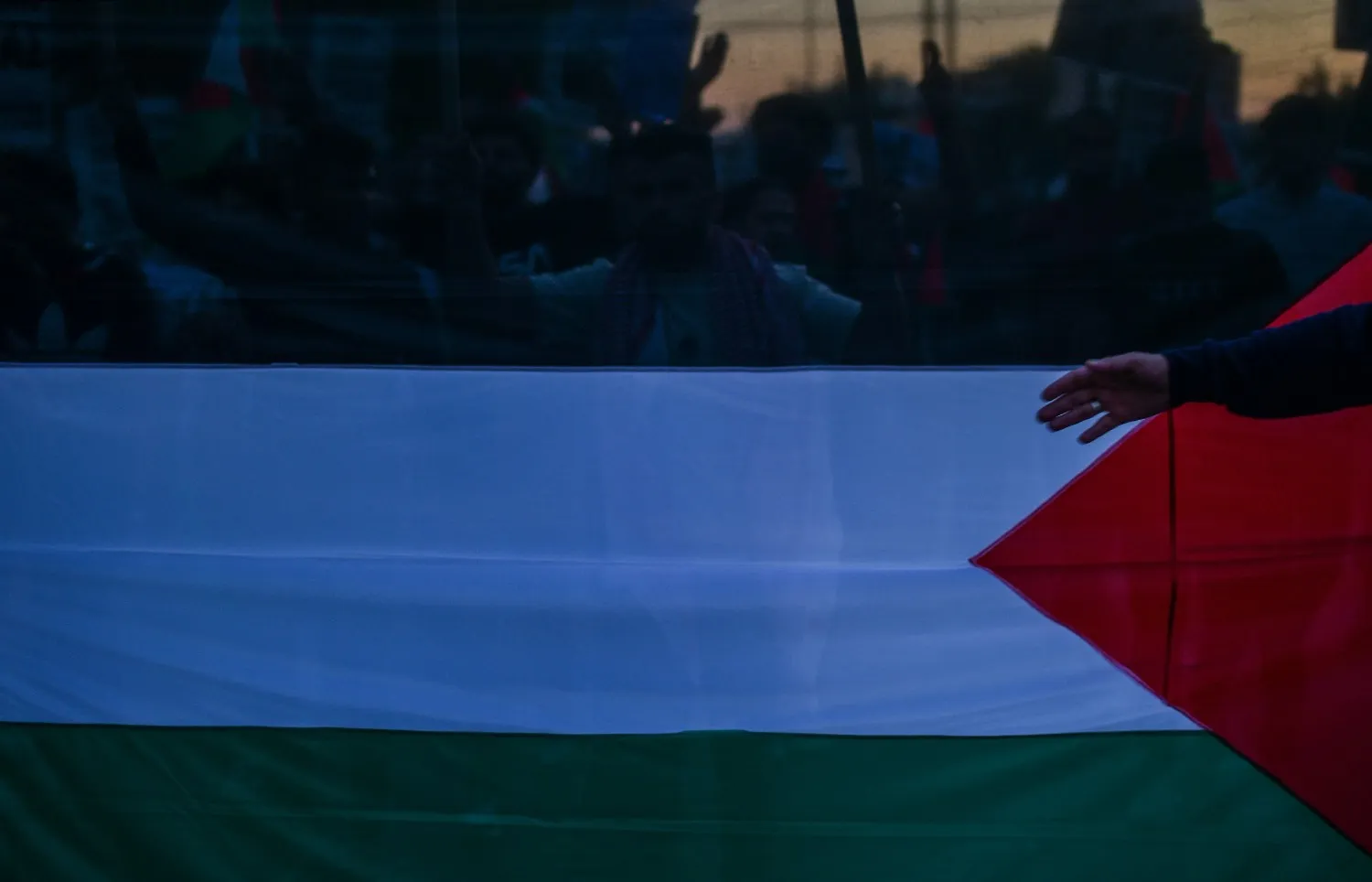The UN Security Council has endorsed a US-drafted resolution supporting President Donald Trump’s 20-point proposal aimed at stabilizing Gaza and advancing a long-term ceasefire.
The plan includes forming an International Stabilization Force (ISF), which Washington says several countries have already agreed to join. Thirteen council members—including the UK, France, and Somalia—voted in favor. No country opposed the motion, while Russia and China abstained.
A spokesperson for UN Secretary General António Guterres called the vote an “important step” toward strengthening the ceasefire. However, Hamas rejected the resolution, arguing that it undermines Palestinian rights and imposes foreign control over Gaza.
In a statement on Telegram, the group said the proposal places Gaza “under international guardianship” and criticized the ISF’s mandate, claiming it would act in favor of Israel by overseeing disarmament efforts inside the enclave.
What the Resolution Includes
Under the terms of the resolution:
- The ISF will operate in coordination with Israel and Egypt.
- A newly trained Palestinian police force—not aligned with Hamas—will help secure border areas.
- The mission will oversee the permanent disarmament of armed groups, including Hamas and other non-state actors.
Until recently, policing in Gaza has been under Hamas authority.
US Ambassador Mike Waltz told the council that the constraint will be capable of securing key regions, supporting disarmament, expelling weapons, destroying activist foundations, and securing Palestinian civilians.
New Administration Structure for Gaza
The determination also favors the creation of a transitional overseeing body, known as the Board of Peace (BoP). The Board of Peace will work with a technocratic Palestinian committee that manages aid operations and directs Gaza’s reconstruction.
The World Bank will support rebuilding through a dedicated trust fund, reflecting the massive destruction caused by years of conflict. Both the ISF and the BoP would work in partnership with Palestinian institutions throughout the transition period.
Trump celebrated the vote, calling it a “historic” moment that recognizes and validates the BoP. He is expected to chair the board, with its full membership to be announced soon.
Path Toward Palestinian Statehood
Unlike earlier versions, the final resolution includes references to a credible path to Palestinian self-determination and statehood—language requested by several council members. Arab countries also pushed hard for this inclusion.
Israel remains immovably restricted to the creation of a Palestinian state, posing a critical challenge for future negotiations.
The UN representative said the determination must translate into “urgent, concrete steps on the ground” and contribute to an honest-to-goodness political process toward a two-state solution.
The Palestinian specialist invited the choice and encouraged fast implementation.
Russia and China go without but scrutinize details
Russia and China permitted the determination to pass by going without, generally since it was supported by the Palestinian representative and a few Middle Eastern and Muslim-majority countries. Be that as it may, both nations communicated concerns that the content needs clarity regarding how the ISF and BoP will work. They also said it does not sufficiently reaffirm the commitment to a two-state solution or guarantee UN participation in key mechanisms.
Ceasefire and Background to the Conflict
The first phase of the plan—a ceasefire between Israel and Hamas along with a prisoner-hostage exchange—came into effect on 10 October. Waltz described it as a “fragile first step.”
Trump’s initiative effectively paused fighting that had escalated since the Hamas-led attack on Israel on 7 October 2023, which killed about 1,200 people and resulted in 251 hostages being taken.
Since then, Israeli military operations in Gaza have claimed the lives of more than 69,483 Palestinians, according to figures from the Hamas-run health ministry.



